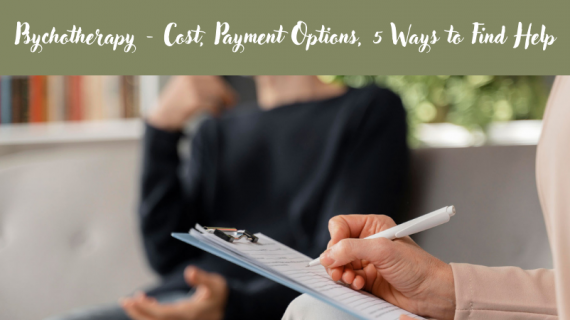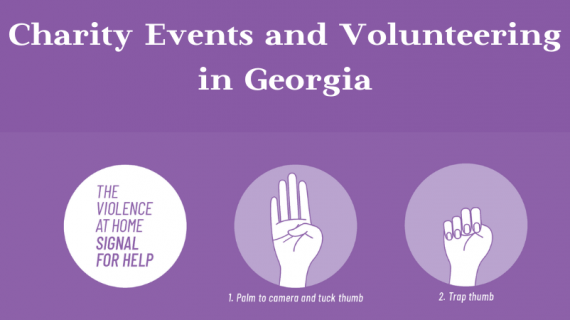Domestic Violence Support in the United States | Informative Portal
Regardless of your gender, age, race, immigration status, you have the right to be safe in your own home. You have the right to leave your home or expel from your home someone who physically, emotionally or sexually abuses you and your children. Nobody has the right to harm you or your children in any way.
What is Domestic Violence?
Domestic violence is violence committed between people who know or knew each other: husband and wife, lovers, homosexual partners, relatives, or parents and children. Domestic violence can occur at home or anywhere else, regardless of whether people are married, in a civil marriage, or divorced.
If you are experiencing domestic violence, you are not alone. Domestic violence is very common, and although it is usually hidden, it exists in all walks of life, in all cultures and in all religious sects.
Domestic violence is more likely to worsen over time and does not stop on its own. Domestic violence is a crime in the USA. Domestic violence is not your fault. Everyone has the right to help, even if he/she does not live legally in the United States.
According to The National Coalition Against Domestic Violence (NCADV), domestic violence can include:
- Beating or kicking you, your children or your pets;
- Threatening to beat or kill you;
- Forcing you to have sex against your will;
- Controlling your access to money, taking money away or forcing you to report expenses made;
- Hiding or destroying your passport or other personal documents;
- Compulsion to feel in your own home like in a prison.
Domestic Violence Myths & Facts
MYTH: Domestic violence only happens in American families.
Fact: Domestic violence affects people of all nationalities, regardless of race, religion, culture or economic level.
MYTH: Abuse in a family is a family problem.
Fact: Domestic violence is a criminal offense regardless of family ties.
MYTH: I live in the United States illegally and therefore cannot ask for help.
Fact: Any woman who experiences domestic violence, regardless of immigration status, has the right to seek asylum, receive an injunction, seek help from the police, or use any program that helps victims of domestic violence.
MYTH: It is easy for abused women to leave their rapists.
Fact: Leaving is very difficult. Women have good reason to think that their abuser might beat or kill them if they try to leave. Women are afraid that they will not be able to support themselves. Sometimes they hope to save the family or are afraid that relatives and friends will not support them, and they will be left alone.
MYTH: If I leave, then I will lose the rights to children and will never see them again.
Fact: Generally, courts in the United States do not grant child rights to abusive parents, which is true even if one parent is an American citizen while the other does not have legal immigration status.
Supporting Survivors of Domestic Violence
Even if you reside in the USA illegally or your status depends on your abuser’s work visa, you are entitled to the following services:
- Providing shelter or other programs to help victims of domestic violence;
- Civil, protective court order;
- The right to children and alimony;
- Police assistance;
- Emergency medical care;
- Your abuser may be prosecuted;
- Your children (born in the United States) can get food stamps and cash benefits.
How are Aggressors Punished?
For the safety of the victim, the court issues a restraining order, this order may prohibit the aggressor to:
- approach the victim;
- contact the victim, such as calling or writing letters;
- leave the house;
- enter the victim’s state;
- have a weapon.
For example, in Suffolk county, the aggressor may be assigned after court proceedings:
- imprisonment;
- conditional imprisonment;
- probation;
- therapy to teach the skills of anger management and conflict resolution without aggression;
- fine;
- permanent ban on approaching the victim;
- reimbursement of expenses for the victim, such as medical expenses or travel expenses.
For the first time, the court may assign therapy and probation, and later it will use imprisonment.
If the court finds the aggressor guilty, information about this becomes available to landlords and employers. This complicates the life of the aggressor: it is more difficult for him to find a job and rent a house.
National Domestic Violence Hotline (Free)
Advocates are available at 1-800-799-SAFE (7233) and through online chatting at www.TheHotline.org.
Latest Posts

Psychotherapy – Cost, Payment Options, 5 Ways to Find Help
One of the main barriers for those who want to start psychotherapy is money. In many cases, therapy is indeed…

Charity Events and Volunteering in Georgia
If the victim of violence (in 97% of cases they are women) asks for help the police, they come to…
